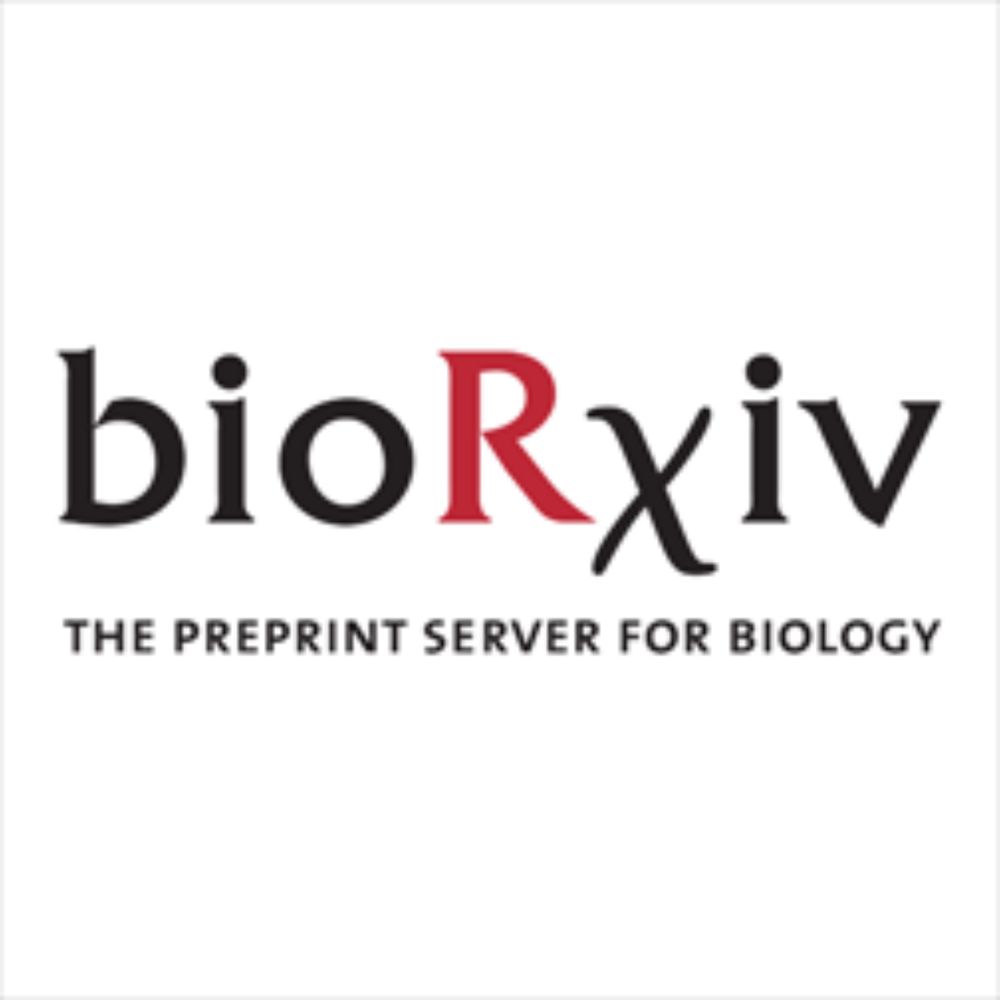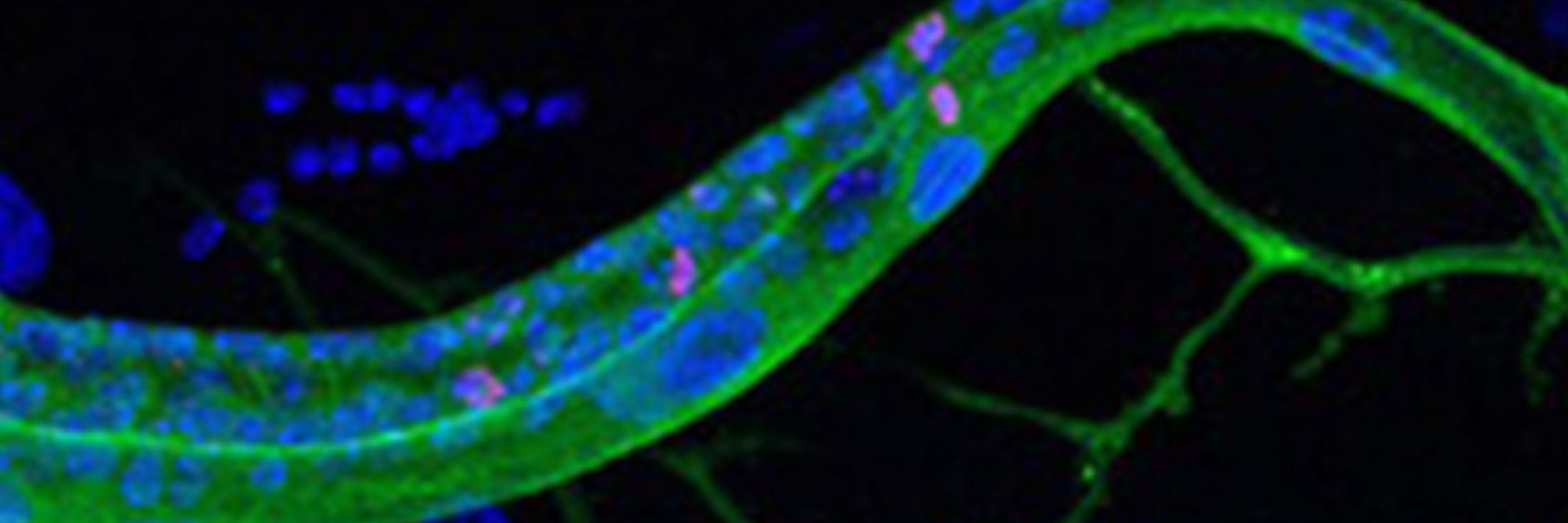Perrimon Lab
@perrimonlab.bsky.social
2.7K followers
6 following
19 posts
Dr. Norbert Perrimon's lab at Harvard Medical School researches functional genomics, cell circuitry, and tissue homeostasis in Drosophila melanogaster.
https://perrimon.med.harvard.edu/
Posts
Media
Videos
Starter Packs
Perrimon Lab
@perrimonlab.bsky.social
· Aug 12

Renal Coenzyme A (CoA) Production Fuels Stem Cell Proliferation and Tumor Growth
Coenzyme A (CoA), derived from Vitamin B5 (VB5), is essential for lipid metabolism, energy production, and cell proliferation. While the intracellular functions of CoA are well characterized, its tiss...
doi.org
Perrimon Lab
@perrimonlab.bsky.social
· Aug 8

A Genome-wide CRISPR Screen Reveals ZDHHC8-Dependent Gαq Palmitoylation as a Key Regulator of GPCR Signaling
G protein-coupled receptors (GPCRs) that couple to the Gαq signaling pathway control diverse physiological processes, yet the full complement of cellular regulators for this pathway remains unknown. H...
doi.org
Perrimon Lab
@perrimonlab.bsky.social
· Aug 1
Perrimon Lab
@perrimonlab.bsky.social
· Jul 28

Intersecting experimental evolution and CRISPR screens to identify novel insecticide resistance loci
Understanding the evolution of insect resistance to natural and artificial poisons is important both to appreciate the adaptation of species to toxic ecological niches and manage pest insects. While r...
doi.org
Perrimon Lab
@perrimonlab.bsky.social
· Jul 16
Perrimon Lab
@perrimonlab.bsky.social
· Jul 15

Higher resolution pooled genome-wide CRISPR knockout screening in Drosophila cells using integration and anti-CRISPR (IntAC) - Nature Communications
Genome-wide CRISPR screens map how genes support survival and contribute to diverse biological functions. Here, the authors use antiCRISPR to enhance genome-wide CRISPR screening in Drosophila and gen...
doi.org
Perrimon Lab
@perrimonlab.bsky.social
· Jul 12

Multi-omic mapping of Drosophila protein secretomes reveals tissue-specific origins and inter-organ trafficking
Secreted proteins regulate many aspects of animal biology and are attractive targets for biomarkers and therapeutics. However, comprehensively identifying the "secretome", along with their tissues of ...
doi.org
Perrimon Lab
@perrimonlab.bsky.social
· Jul 6
Cholinergic Signaling Modulates Intestinal Pathophysiology in a Drosophila Model of Cystic Fibrosis
Cystic Fibrosis (CF) is a monogenic genetic disease caused by mutations in the Cystic Fibrosis Transmembrane conductance Regulator (CFTR) chloride/bicarbonate channel, which is expressed in certain epithelia cells. Current therapies focus on restoring CFTR function but many gut-related pathologies persist, highlighting the need for complementary treatments to improve the quality of life of patients living with CF. In this study, we use Drosophila melanogaster as a model to investigate the gut-specific effects of Cftr loss. We demonstrate that enterocyte-specific knockdown of Cftr in flies recapitulates several CF pathologies, including reduced intestinal motility, nutrient malabsorption, and decreased energy stores. Using single-nuclei RNA sequencing (snRNA-seq), we identify significant transcriptional changes in the CF model gut, including the upregulation of acetylcholine esterase (Ace, human AChE), which leads to reduced cholinergic signaling. Cholinergic signaling has been shown to affect CFTR function but this is the first time CFTR loss of function has been shown to alter cholinergic signaling. Functional assays confirm that cholinergic sensitivity is diminished in CF guts and restoring cholinergic signaling via Ace knockdown rescues multiple CF-associated phenotypes. Furthermore, we identify the transcription factor Forkhead (Fkh), the Drosophila homolog of human FOXA1/FOXA2, which is known to be a positive regulator of Cftr in the intestine, as a positive regulator of Ace expression in CF guts. This study establishes the Drosophila gut as a powerful model to investigate CF pathogenesis, genetic modifiers, and identifies Ace and Fkh as genetic modifiers. This work also suggests that enhancing cholinergic signaling may represent a viable therapeutic strategy for gastrointestinal manifestations of CF. ### Competing Interest Statement The authors have declared no competing interest. NIDDK, 5F32DK130290-03 Cystic Fibrosis Foundation, https://ror.org/00ax59295, LANE21F0-00816F221
doi.org
Perrimon Lab
@perrimonlab.bsky.social
· Jul 2

The Drosophila proventriculus lacks stem cells but compensates for age-related cell loss via endoreplication-mediated cell growth
The Drosophila proventriculus is a bulb-shaped structure at the juncture of the foregut and the midgut, which plays important roles in ingestion, peritrophic membrane synthesis, and the immune respons...
doi.org
Perrimon Lab
@perrimonlab.bsky.social
· May 10
Perrimon Lab
@perrimonlab.bsky.social
· May 9
Perrimon Lab
@perrimonlab.bsky.social
· May 2
Perrimon Lab
@perrimonlab.bsky.social
· Apr 25
Perrimon Lab
@perrimonlab.bsky.social
· Apr 14


